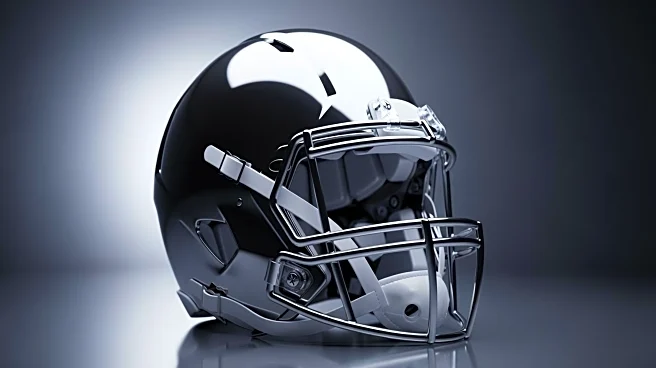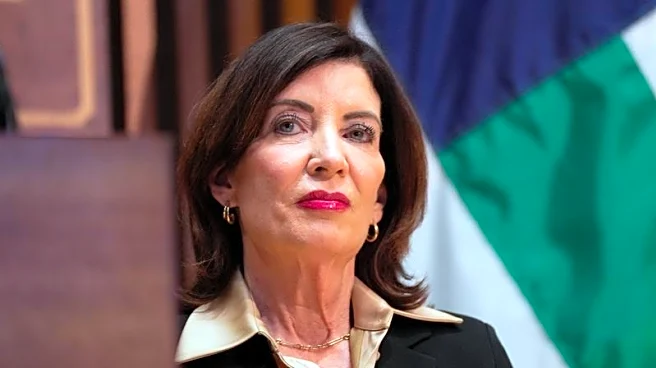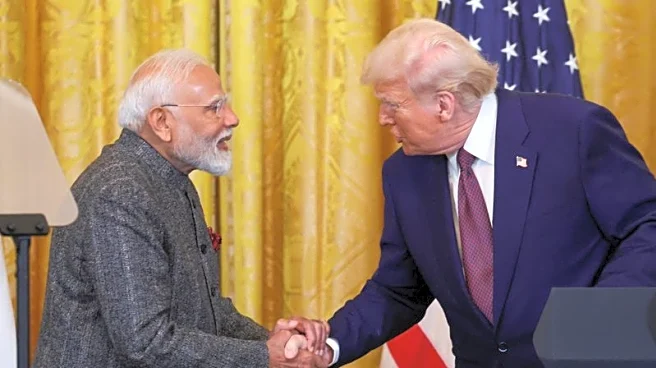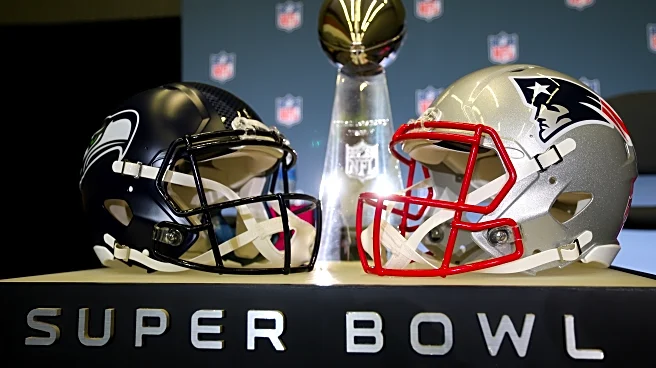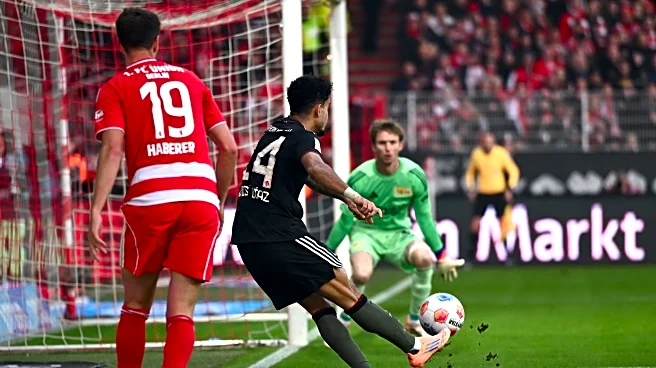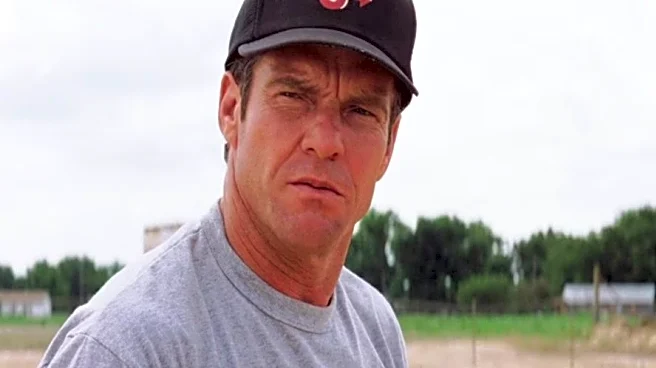What's Happening?
Miami Dolphins quarterback Tua Tagovailoa has publicly apologized for comments made after the team's recent loss to the Los Angeles Chargers. Tagovailoa had criticized team leaders, suggesting that improvements
needed to start with leadership and noting issues with players missing meetings. Following the backlash, Tagovailoa acknowledged his mistake, stating that he let emotions affect his judgment and expressed his intent to move forward positively. The Dolphins are currently struggling with a 1-5 record, and Tagovailoa's comments have added to the team's challenges.
Why It's Important?
Tagovailoa's apology is significant as it addresses internal team dynamics and leadership challenges within the Dolphins. His comments highlight potential issues in team cohesion and discipline, which could affect performance on the field. By apologizing, Tagovailoa aims to mend relationships and refocus the team on upcoming games. This incident underscores the importance of leadership and communication in professional sports, where team morale and unity are crucial for success. The Dolphins' ability to overcome these challenges will be critical in their efforts to improve their season record.
What's Next?
The Dolphins will need to address the concerns raised by Tagovailoa, potentially implementing measures to improve team meetings and leadership communication. As they prepare for their next game against the Cleveland Browns, the focus will be on unifying the team and enhancing performance. Coach Mike McDaniel's response to Tagovailoa's comments suggests a need for direct communication and leadership adjustments. The team's management and players will likely engage in discussions to resolve these issues and strategize for future games.
Beyond the Headlines
This situation highlights the pressures faced by athletes in high-stakes environments, where public comments can have significant repercussions. It also reflects the role of media in shaping narratives and influencing team dynamics. The Dolphins' handling of this incident may set a precedent for how teams manage internal conflicts and media interactions, impacting their reputation and relationships with fans.
